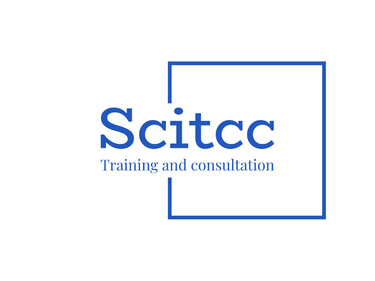
Excellence in Simplifying Work Procedures
Excellence in Simplifying Work Procedures
$3500.00
Course duration:
5 days
Course objectives:
Introducing participants to the concept of procedure simplification:
Understand the importance of streamlining work processes to improve efficiency and increase productivity.
Developing procedural analysis skills:
Learn how to analyze current procedures to identify weaknesses and duplications.
Develop the ability to design simplified procedures:
Providing practical strategies and tools for developing streamlined and smooth work processes.
Enhancing change management skills:
How to implement new procedures effectively and gain team support.
Continuous performance measurement and improvement:
Apply performance indicators to analyze the impact of change and achieve sustainable improvements.
Target audience of the course:
Managers and heads of departments in companies and institutions.
Those responsible for improving operational processes and procedures.
Quality and operational management experts.
Employees working in planning, human resources, or organizational development departments.
Entrepreneurs looking to simplify their startup processes.
Course topics:
Day 1: Basics and Concepts
Introduction to procedures in the workplace.
The importance of simplifying procedures to improve institutional performance.
Key features of effective and streamlined procedures.
Day 2: Analysis of current procedures
Procedure analysis methodologies (e.g., flowcharts and process analysis).
Identify challenges and weaknesses in current procedures.
Case studies of procedural analysis.
Day 3: Designing Simplified Procedures
Principles and methods of designing facilitative procedures.
Implementing technical tools to support simplification (such as automation and digitization).
Practical examples of designing simplified procedures.
Day 4: Implementing the new procedures
Steps for managing organizational change when implementing new procedures.
Overcoming resistance to change and ensuring effective adoption.
Managing the risks associated with the simplification process.
Day 5: Evaluation and Continuous Improvement
Measure the impact of simplified procedures using performance indicators.
Continuously improve processes through feedback practices.
Develop an action plan to apply the skills and knowledge acquired after the course.
Learning method:
Theoretical lectures:
To clarify concepts and basics.
Practical workshops:
Applying learned tools and methods to real-life practical situations.
Interactive discussions:
Enhancing participation and exchange of experiences among participants.
Case studies:
Analyze real-life examples to enhance understanding.
Monitoring and evaluation:
Providing individual and group feedback to improve performance.
Course outcomes:
A comprehensive understanding of the concept of procedure simplification.
Gain skills to analyze and design effective procedures.
Develop an action plan to simplify procedures within institutions.
Improve change management and enhance productivity.


